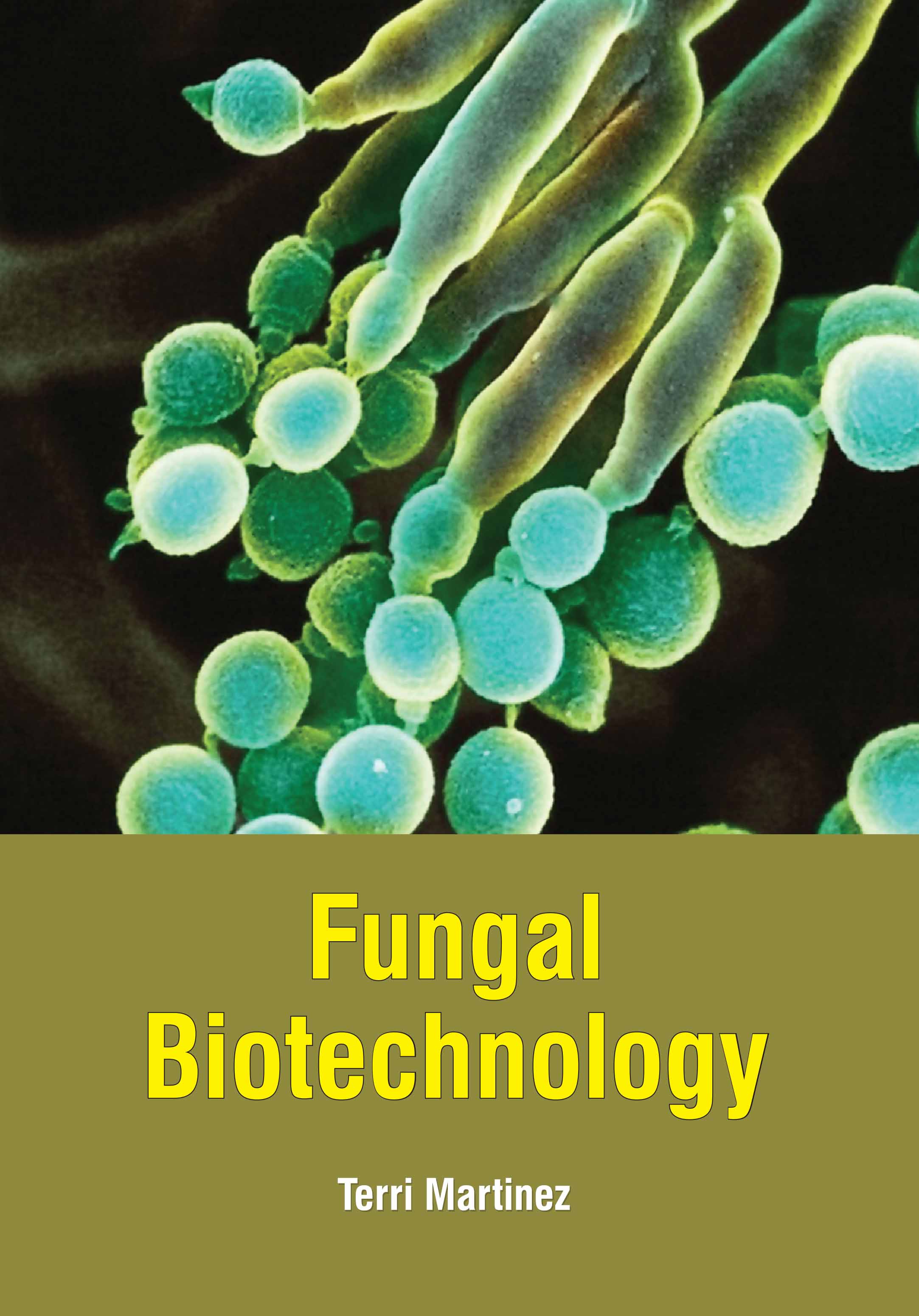About This Book
C++ is a powerful, general-purpose programming language developed by Bjarne Stroustrup in 1983 as
an extension of C. It introduces object-oriented programming (OOP) concepts, enabling developers to
create modular and reusable code. C++ supports features like classes, inheritance, polymorphism,
encapsulation, and abstraction, which are fundamental to OOP. One of the strengths of C++ is its
versatility; it allows both low-level and high-level programming. It can be used for system programming,
game development, real-time systems, and even building complex software like operating systems and
web browsers. A basic C++ program includes a main() function, which serves as the entry point. Libraries
such as facilitate input and output operations using cin and cout. Variables, data types, and
control structures like loops and conditionals form the foundation of C++ programming. C++ offers
memory management through pointers and dynamic allocation using new and delete. Its Standard
Template Library (STL) provides powerful tools like vectors, lists, and algorithms, simplifying tasks like
sorting and searching. With its efficiency and scalability, C++ remains relevant for performance-critical
applications. Its rich set of features makes it a preferred choice for both beginners and experienced
developers aiming to create robust and efficient programs. Programming in C++ is a comprehensive
guide that introduces the core concepts of C++ programming, from basics to advanced topics, with
practical examples and exercises.
Contents: 1. Introduction, 2. Câ€â€Preprocessor and Programming, 3. Functions and Modular
Programming, 4. C++ Class Constructor and Destructor, 5. Understanding System Programming,
6. C++ Operators, 7. Understanding Operator Overloading in C++ Programming, 8. The Programming
Language C++.

